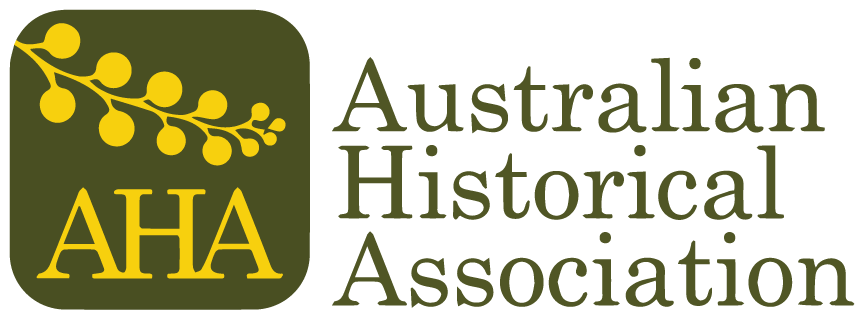2023 Winner
Jarrod Hore, Visions of Nature: How Landscape Photography Shaped Settler Colonialism (University of California Press, 2022)
The sovereign link between Indigenous Australians and their land, so powerfully evinced in the Uluru Statement from the Heart, sets the terms for Jarrod Hore’s timely and troubling account of the role of nineteenth-century landscape photography in doing the cultural work of settler colonialism through fantasising alternative truths. Visions of Nature posits the camera as important a tool as the cultivator in preparing land for settlement. This compelling and self-reflexive transnational study of environmental image making in the second half of the nineteenth century across the settler colonies of the Pacific Rim explores how the rhetorical implications of a novel globalising technology have particular and devastating impacts at localised scales. Whether through stage managing or erasing Indigenous presence, rendering settler territory as ancient and empty in a Romantic conceit of wilderness, or the visual trickery of creating a ‘landed imaginary’ of access, asset and utopia, landscape photography is revealed as witness and weapon of territorial dispossession and an essential part of the vocabulary of white settler nativity storylines. A benchmark of Australian transnational and spatial history.
Judges: Fiona Paisley (Griffith), Kirsten McKenzie (Sydney), Andrew May (Melbourne)
Shortlist
Joy Damousi, The Humanitarians: Child War Refugees and Australian Humanitarianism in a Transnational World, 1919-1975 (Cambridge University Press, 2022)
This compelling investigation of Australian humanitarian and WW2 child refugees reveals several lesser-known figures at the intersections of human rights, children’s rights, and humanitarianism. Through extensive archival research in Australia, the US, and Europe, Damousi analyses the gendered practice of humanitarian work and its transnational and national emotional communities, at the same time as critically evaluating that history of international concern for the rights of the child refugee in the context of contemporary White Australia.
Agnieszka Sobocinska, Saving the World? Western Volunteers and the Rise of the Humanitarian-Development Complex (Cambridge University Press, 2021)
In this fine study of volunteering, Sobocinska investigates the blurring of state and non-state action during the Cold War. Working across several countries and multiple scales combining state, organisational, and personal papers, she reveals the profound interconnection between the interpersonal and the international in the popularisation of a humanitarian sensibility towards supposedly ‘underdeveloped’ countries, and the emergence of a form of citizen diplomacy in which idealism was itself imbricated in state economic and cultural power.
Hamish Maxwell-Stewart and Michael Quinlan, Unfree Workers: Insubordination and Resistance in Convict Australia, 1788 – 1860 (Palgrave, 2022)
This monumental study of Antipodean workplace struggles exposes their central role within the developments of global capitalism. A highly innovative combination of quantitative and qualitative methods enables impressive depth and breadth of analysis. By deploying the idea of ‘convictism’ and pulling on the threads of European empires’ diverse and entangled forms of labour exploitation, Maxwell-Stewart and Quinlan have achieved a new understanding of subordination and resistance in Australia’s largest category of unfree labour.
Zoë Laidlaw, Protecting the Empire’s Humanity: Thomas Hodgkin and British Colonial Activism, 1830 – 1870 (Cambridge University Press, 2021)
Laidlaw’s study of Quaker Thomas Hodgkin, co-founder of the Aborigines Protection Society and his intersected world of activism, is a tour de force of network history. With deep assurance in both the context of and scholarship on Britain, the Australian settler colonies, southern Africa, New Zealand and Canada, Laidlaw lays bare the dispossession, civilisation and rights discourse that collided in the global contests between settler colonialism, imperial humanitarianism and Indigenous peoples
